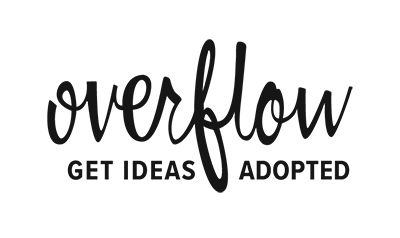
In the ever-evolving world of work, the tension between remote and in-person office arrangements remains a debate. What’s driving this debate? Why are we not able to let it go so work life can be reinvented? Let’s appreciate what used to be normal and be proactive in crafting our new ideal workplace. Let’s navigate the choppy waters of virtual meetings, the treacherous terrain of home office mishaps, and the perilous peaks of office politics.
The New Watercooler
In the remote work realm, the mythical “watercooler” has been replaced by virtual coffee breaks that never happen. Attempts to replicate the camaraderie of casual office conversations before a virtual meeting begins inevitably lead to awkward moments. We find ourselves navigating laggy connections, cameras turned off and confessions. “Sorry, I thought I was on mute!” or its converse, “You’re on mute!” have become the unofficial catchphrases of remote office work.
Dress for Success Reinvented
One of the ongoing debates is whether working remotely means embracing the sophisticated charm of business attire or succumbing to the irresistible allure of sweats. The clash of fashion ideologies reaches its pinnacle as some remote workers proudly sport their finest business attire from the waist up, while the bottom half remains shrouded in a cozy mystery of “athleisure” comfort. As far as hair and make-up, some prefer to keep things minimal, usually avoiding the obvious “tell” of a hat, while others invest in proper lighting to make sure to put their best face forward.
The “Camera is On” Culture
Ah, the camera – for many extroverts it’s not much of a thought and is always on. For introverts who want time to process, for the socially anxious or for the multi-taskers, it’s a battle of perception. Whether leaving the camera off is accepted depends on company culture. In the realm of virtual collaboration, we’re all building the new muscle of navigating the delicate art of managing face time, muting and unmuting, sharing screens and commanding group focus for decision making – all of which can be interrupted by unexpected appearances from furry friends, young children or dreaded doorbell rings.
New Perspectives on Waste
On the flip side, the in-person office worker embarks on their own adventures in the realm of personal value creation vs. waste. Transportation waste begins the day with the commute that was once taken for granted. Not to mention the Motion and Extra-Processing waste before you leave the house (Intrigued? Check out Lean Enterprise Institute). While offices are not permanent, office politics generally are – meetings might start late, and the age-old struggle not to eat the communal treats remains. Lastly, how do we repurpose the record-breaking vacant commercial office space that’s now available?
Unseen Heroes: The Autonomous, Purpose-Driven Professionals
Metaphorically adorned in a cape of self-reliance, the purpose-driven professional has a superpower – autonomously collaborating in any workplace environment. As remote workers, they curb isolation by finding solace in the company of their loyal home office companions. They moderate the ebb and flow of productivity with the comfort of a snack break on their patio. When they do decide to work in-person, they arrive with a smile to unpack their “office,” finding a cozy spot to set up shop for the day and get started. All the while, they recognize their good fortune in having a job where flexibility is an option.
Finding the Balance
In the end, the debate on remote vs. in-person work is not a battle between right and wrong. It is a fluid exercise to maintain productivity regardless of the environment. The two key ingredients? Employees who earn trust and employers who grant it. Simply put, employees need to be allowed to work where they are most productive – which might even vary from day to day. The degree of trust and flexibility extended should align with the job requirements and shared levels of respect and accountability.
This reciprocal relationship begins with an employer who engages employees in the company’s purpose – culture matters. Often, the remote vs. in-person work debate continues where autonomy and trust are absent and/or where technology is disrupting the workflow status quo. At what point does holding on to existing ideas of what’s “right” eventually become “wrong?” Whether it’s remote or in-person work, one thing is certain – humans are social beings who need others. So, let’s focus less on debating where we work and instead, center our collective efforts on creating environments where autonomy, mastery and purpose can thrive (for more on that see Drive by Daniel Pink).
– – –
We believe the problem with innovation today is not discovering the idea – it’s getting it adopted. At Overflow, we help changemakers create stories and experiences to get ideas adopted. We have a large suite of services – ranging from meeting planning and contract negotiation to multi-media and full-scale event production of all sizes – to energize groups and move innovation forward for the common good. Reach out to learn more or work with us on getting your ideas adopted.
